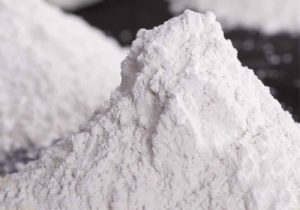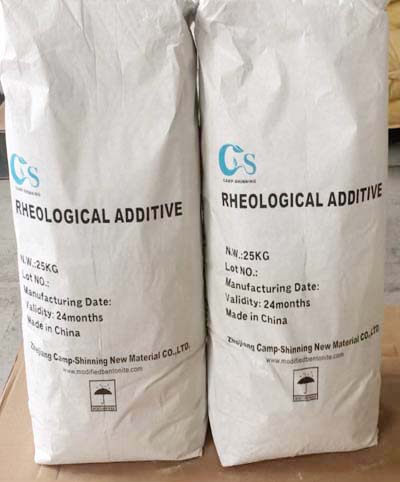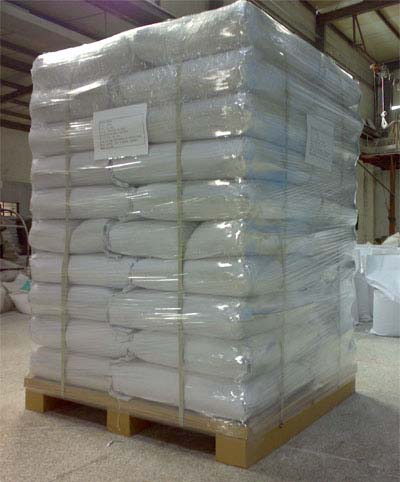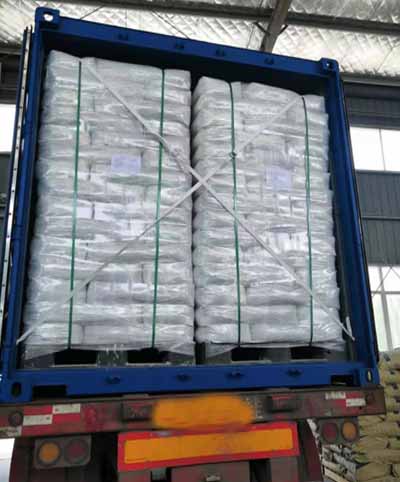
CP-992 Organophilic clay
CP-992 Organophilic Clay, the wet process improved viscosifier and gelling agent . It is a rapidly dispersing.
Organic Bentonite Clay Preparation, as a professional manufacturer and supplier of Organiclay Bentonite Clay, we can meet your different areas of application and technical support. We use montmorillonite as the main raw material and quaternary ammonium salt as the main organic modifier. Advanced preparation equipment ensures the accuracy and consistency of our product quality.

Organoclay Supplier / Manufacturer :
Internet address: https://www.rheologymodifiers.com/
Email address: [email protected]
Whatsapp / Wechat: +86-13185071071
Organophilic Clay Supplier / Manufacturer :

CP-992 Organophilic Clay, the wet process improved viscosifier and gelling agent . It is a rapidly dispersing.

CP-982 Organophilic Clay is an amine treated bentonite with a moderate temperature performance.

CP-150 Organophilic Clay is a self-activating organoclay that disperses easily and performs well in diesel, low aromatic mineral oil, modified vegetable oil, and synthetic base fluid formulations.

CP-10 organoclay is a rheological additive made of organoclay. It is used in non-polar to moderately polar aliphatic and other solvent systems

CP-MPZ organoclays is an modified bentonite that is used in solvent and resin systems ranging from non-polar to highly polar.

The CP-MPS rheology modifier is a type of organo clay rheological additive that is used in solvent and resin systems ranging from non-polar to high polarity.




CP-EW Organoclay for Water Based paint. It is primarily employed in water borne paint systems,such as latex paint. So it is a good water based additive in paints,coatings,grease etc.

CP-EWS Modified bentonite It is employed in a water-borne coatings system. CP-EWS organoclay outperforms CP-EW in terms of thixotropy, transparence, and dispersion.

CP-WBS Rheology Modifier is rheological modified bentonite. It is mostly employed in water-borne systems.
How to make organophilic clay
Organoclay | Organophilic Clay CP-2 also named amine treated Bentonite.
In diesel oil based fluids,organophilic clay viscosifier CP-2 are used to increase carrying capacity and suspension properties, providing support for weight materials and improved cutting removal. Organophilic bentonite also aids in filter-cake formation and filtration control.
Properties
Composition Organically modified bentonite clay
Physical appearance Off white to tan free-flowing powder
Moisture content (105℃,2hr) ≤4%
Particle size (<76μm or 200mesh) ≥95%
Specific Gravity 1.6-1.8
Advantages
Effective viscosifier and gellant
Aids control of fluid loss to the formation
Increases emulsion stability
Improves cuttings carrying and hole cleaning capacity
Suspends weighting materials and other solids
Confers temperature stability to the fluid
Application
Base oil:
Diesel Oils
Crude Oils
Mineral Oils
Synthetic Oil
Viscosifying drilling Fluids:
Oil based drilling fluids
Invert emulsion fluids
Workover fluids
Completion fluids
Casing packs
Packer fluids
Spotting fluids
Package
Organoclay | Organophilic Clay CP-2 is packed in 50lb(22.7kg) or 25kg/bag or customized,multi-wall paper sacks or Kraft paper bag with PE liner or customized.
Storage
CP-2 Store in a dry, well-ventilated area with temperature of 0℃-30℃. Keep container closed. The quality guarantee period is 24 months.
Notice
The information on use is based on data which are believed reliable, but any recommendation or suggestion made is without guarantee or warranty, since the conditions of use are outside our control.
All products are sold on the conditions that purchasers shall make their own tests to determine the suitability of such products for their purpose and that all risks are assumed by user.
We disclaim any responsibility for damages resulting from careless or improper handling or use. Nothing herein is to be taken as permission, inducement or recommendation to practice any patented invention without a license.
Internet address: https://www.rheologicaladditive.com/ and email address: [email protected]
Whatsapp / Wechat: +86-13185071071
how to make organophilic clay
How to make organophilic clay
Selection of the appropriate organic modifier quaternary amine salt to achieve the desired pro-organic properties. Temperature, time and agitation speed to ensure effective ion exchange.
To minimize impurities in the product, it is important to ensure that the washing process is adequate. Also control the temperature to prevent decomposition of the organic modifier. The temperature should never be too high.
We give an example of a complete preparation process. 100 parts of ethanol, 4 parts of raw mineral clay (montmorillonite), 0.3 parts of dimethyl silicone oil, 0.1 parts of dodecyl fatty acid. Add 100% ethanol to the reactor. Add 0.3 parts of dimethyl silicone oil and 0.1 parts of dodecyl fatty acid respectively under stirring state, dissolve well.
Then slowly add 4 parts of montmorillonite powder and continue to mix with stirring. The reactor was filled with nitrogen for 10 minutes and then sealed. The temperature was raised to 40-45°C under airtight condition and the reaction was carried out for 2.5 hours. After cooling to room temperature, the clay dispersion system was removed from the reaction kettle and drained.
The organophilic clay was dried and pulverized at 50°C to produce the organophilic clay. The above procedure allows for the preparation of clays with organophilic properties, which have good stability and suspension properties in applications such as oil-based drilling fluids.
How to make organophilic clay? The preparation of organobentonite involves a process of material preparation, heating and mixing, and extrusion and drying. Cation exchange and intercalation of organic molecules make the organobentonite hydrophobic. Currently, the dominant preparation processes are dry and wet.